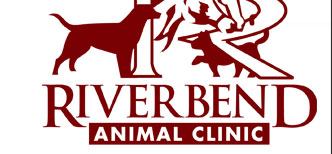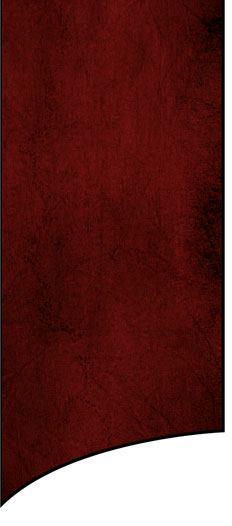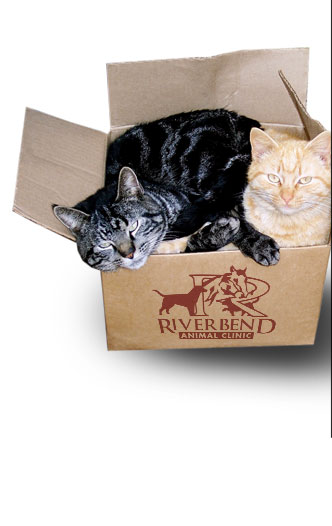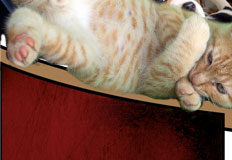
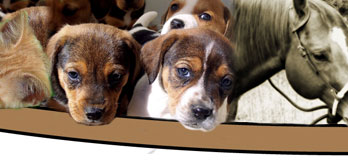
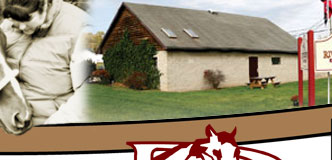

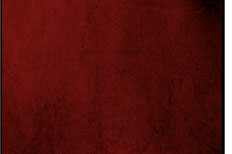
,
In 1825 A famous man once said, "Tell me what you eat and I will tell you what you are". The same holds true today, especially for our pets. Many popular store bought foods are the nutritional equivalent to fast food. There are many, many different brands on the shelf and choosing the right food is essential.
Not all pet foods are created equal. Although the AAFCO (Association of American Feed Control Officials) regulates pet food labels and feeding trials, there is no regulation regarding the digestibility of pet foods or the availability of nutrients once the food is digested. What does all that mean? It means quality of ingredients is most important. And that means, "You get what you pay for." A higher quality ingredient leads to fewer stools to clean-up, less food to be fed for proper nutrition and weight, and often better skin and coat conditions. Remember, that cheaper foods equal poor nutrition.
Special or prescription diets are a separate area. These are diets made specifically for a certain disease process, and should be used only under a veterinarian's supervision. Diseases often require a dietary change as part of the treatment or prevention process. The responses the body has to these changes needs to be monitored, often by repeating bloodwork or exams. Healthy pets put on an inappropriate diet may not thrive or even become sick. Just changing a diet can often cause a pet to not eat well, which may lead to problems. Please check with your veterinarian before using any diet made for a target group.
Remember, "you are what you eat" really rings true. High quality diets, although seemingly pricey, usually turn out to be quite affordable if fed properly, and often lead to fewer health problems in the future.
River Bend Animal Clinic Recommends:
1. Consult with your veterinarian.
2. If using pet food sold at your local grocery, buy quality products and avoid generic/bargain
brands.
3. Remember; puppies need puppy food, adults need adult food, and senior pets need geriatric
diets.
4. Do not overfeed. Check the product label for the appropriate daily quantities to be
used.
5. Avoid feeding table scraps, and if you want to give treats, please use a high quality snack that has nutritional value.
1520 OH-160
Gallipolis, OH 45631
(740) 446-9752
Clinic Hours:
BY APPOINTMENT
Monday: 8am to 6pm
Tuesday: 8am to 6pm
Wednesday: 8am to 6pm
Thursday: 8am to 5pm
Friday: 8am to 5pm
Saturday: 8am to noon
Surgeries: Monday thru Friday

